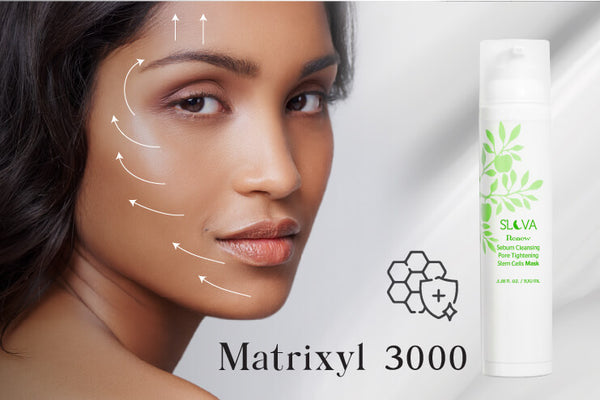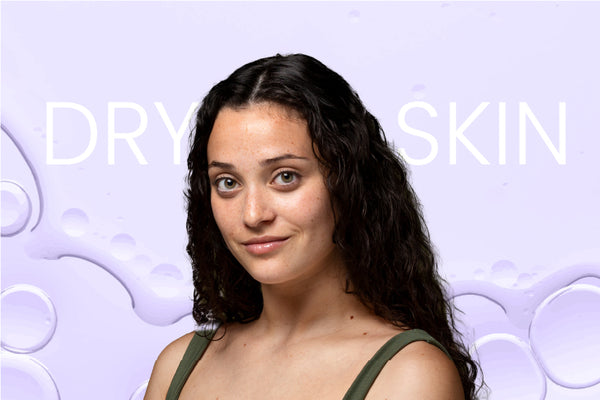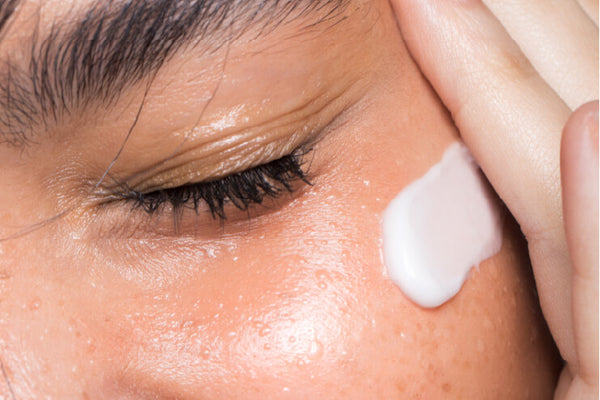Note: "Add 2 products to avail Buy 1 Get 1.
Not Applicable on Combo products."
All Your Questions On Retinol, The Most Popular Skin Care Ingredient Answered!

Popular questions on Retinol Answered!
No matter how much internet-knowledge you possess, how many labels you read & how many unpronounceable ingredients you google for, you’re not entirely sure what you’re slathering on your skin.
With the times changing, skin care products getting more advanced than before and with more “it” ingredients available, retinol is still the holy grail of skin care.
From treating wrinkles, dark spots, uneven skin tone and stubborn acne, retinol is proven to address the long list of skin concerns and effectively improve the skin health.
Even with millions of demat interviews, thousands of papers published, retinol is still the most misunderstood ingredient. With lots of questions and myths running around this “fountain of youth”, we answered the most searched questions about retinol on google.
Wait no more, dive into the sea of information & myth bunking!
Can retinol be used or mixed with other actives like Vitamin C or Niacinamide?
Retinol + AHA: Proceed with caution!
Hellooo… over exfoliation!
Retinol is a peeling agent & when mixed with the popular exfoliants - the AHAs & BHAs, it causes dryness and irritation, thus damaging the skin’s moisture barrier. We wouldn’t recommend using them together in the same routine. If your skin responds well, at most we suggest is to use them on alternative nights.
Retinol + Niacinamide: Love is in the air!
The anti-aging superstar, retinol comes with a mean streak due to its irritation potential. On the other hand, niacinamide is known to decrease retinol irritation & adds barrier protection to lock natural skin moisture, which is an added advantage.
Retinol + Vitamin C: Sworn enemy!
This combination is yet another recipe of irritation. Together, they increase skin’s sensitivity to the sun and boost the risk of UV damage. Better use vitamin c on the day & retinol at night.
Can retinol cause acne, pimples, breakouts, or spots?
Retinol has wide benefits, the main being reduction of inflammation & boosting collagen production. On the flip side, it has some no-so-great effects like irritation, redness, flaking and peeling.
However, when it’s related to acne or breakouts, dermats say that until the skin adjusts to the retinol, like for the first three to four weeks, cell turnover will be very high and the skin will “purge” - think of this as cleaning pipes. So, with continued use of topical retinol, these purges will go away.
Can retinol burn or damage the skin or cause skin cancer?
Even OTC retinol can cause irritation. Look for formulations with soothing ingredients like niacinamide, hyaluronic acid, peptides or ceramides, which help counteract the irritation by providing nourishment and hydration to the skin.
Another myth related to retinol is it causes cancer, which is partially incorrect. In actuality, retinol, when used during frequent sun exposure can ignite skin carcinogenesis & this is the reason why using pure retinol is strictly limited to the night time. So, if your day serum has retinol, use sunscreen without fail.
Can retinol be used under the eyes for dark circles or will it or cause wrinkles?
Retinol, the most effective cosmeceutical rejuvenating ingredient is proven to be extremely beneficial for chronological aging and reducing under-eye bags or dark circles. It aids in preserving & enhancing the skin cell matrix by altering skin cell communication. Don’t wait till wrinkles develop, add retinol to your daily regimen from your 20-somethings.


